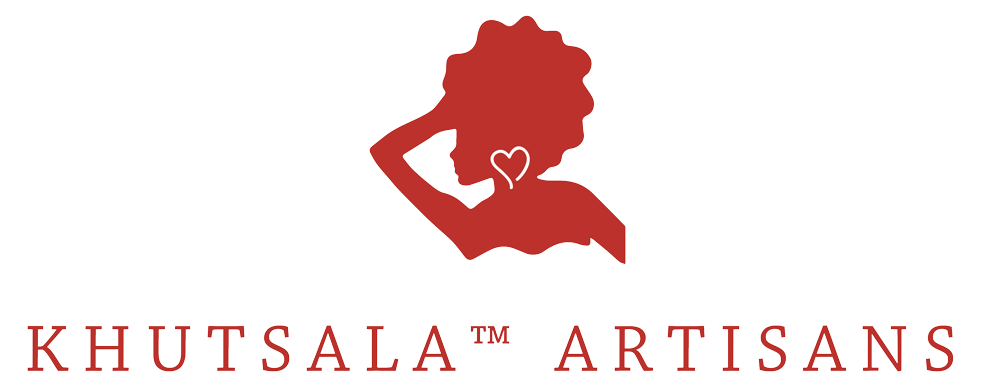-
Shop
-
Our Story
- Contact
-
September 08, 2020
Imagine, if you can, what it would be like if the name of your country changed right now. A new name often brings about the idea of a new identity. Well, this is exactly what happened to Swaziland two years ago. In 2018, on the 50-year anniversary of Swaziland’s independence from colonial rule and the 50th birthday of Swaziland’s King Mswati III, Swaziland officially became Eswatini. Swaziland regained independence from colonial rule in 1968 and this name change was the final step to symbolically break away from its colonial history.
Although the name of Swaziland changed to Eswatini, the issues within the country have remained the same.
Many of us cannot fathom the daily life circumstances in Eswatini. Life is extraordinarily difficult. 58.9% of the rural population lives below the national poverty line (living on less than US$1.90 a day) with 20 percent considered extremely poor. Additionally, diseases such as HIV/AIDS and Tuberculosis plague this tiny nation. Eswatini has the highest HIV/AIDS rate in the world. Of the majority of people who die in the hospital, 90% die as a result of HIV/AIDS related complications.
The HIV/AIDS pandemic has left many in difficult circumstances. But the children in Eswatini have suffered the most. More than 50% of children under the age of 17 are orphaned, with about 59% having lost parents to HIV/AIDS related deaths. King Mswati III declared Eswatini a natural disaster in 1999 due to the rising number of cases. The country has one of the lowest life expectancy rates in the world.
Making circumstances even more challenging, in 2016 Eswatini experienced one of the worst droughts in history, exasperating current poor conditions. Rivers are still bone dry today, evidence that this drought is not finished and the people are still suffering. The production of crops, in a country where 70% of the population are subsistence farmers (backyard gardens), has become scarce.
Hunger, extreme poverty, lack of education and serious health issues make life much harder for the people of Eswatini than in other parts of the world. What can be done to stop these alarming statistics? What can be done to help these wonderful people?
We believe there is always hope. Khutsala™ Artisans is a Heart for Africa initiative created to generate funds through the sale of handcrafted, authentic Swazi jewelry and home décor goods. These funds go directly to the care of the many orphans and vulnerable children in Eswatini. Khutsala Artisans also provides valuable employment to local Swazis who are then able to care for and provide for their own families.
We believe in bringing HOPE back to this beautiful nation. We believe that God has a plan for Eswatini and that He desires for LIFE to flourish here among the people. We believe He will accomplish His plans for Eswatini through people who answer the call to bring HOPE.
That’s what we are doing at Khutsala Artisans, bringing HOPE.
Yes, the name has changed from Swaziland. Now it’s time for the life and livelihood of Eswatini to change for the better.
March 24, 2022
March 10, 2022 2 Comments
February 17, 2022
In February, most people only celebrate Valentine's Day, and it makes sense. It's the most popular and well-known holiday of the month. But there's another special day that also exists: Random Acts of Kindness Day.
